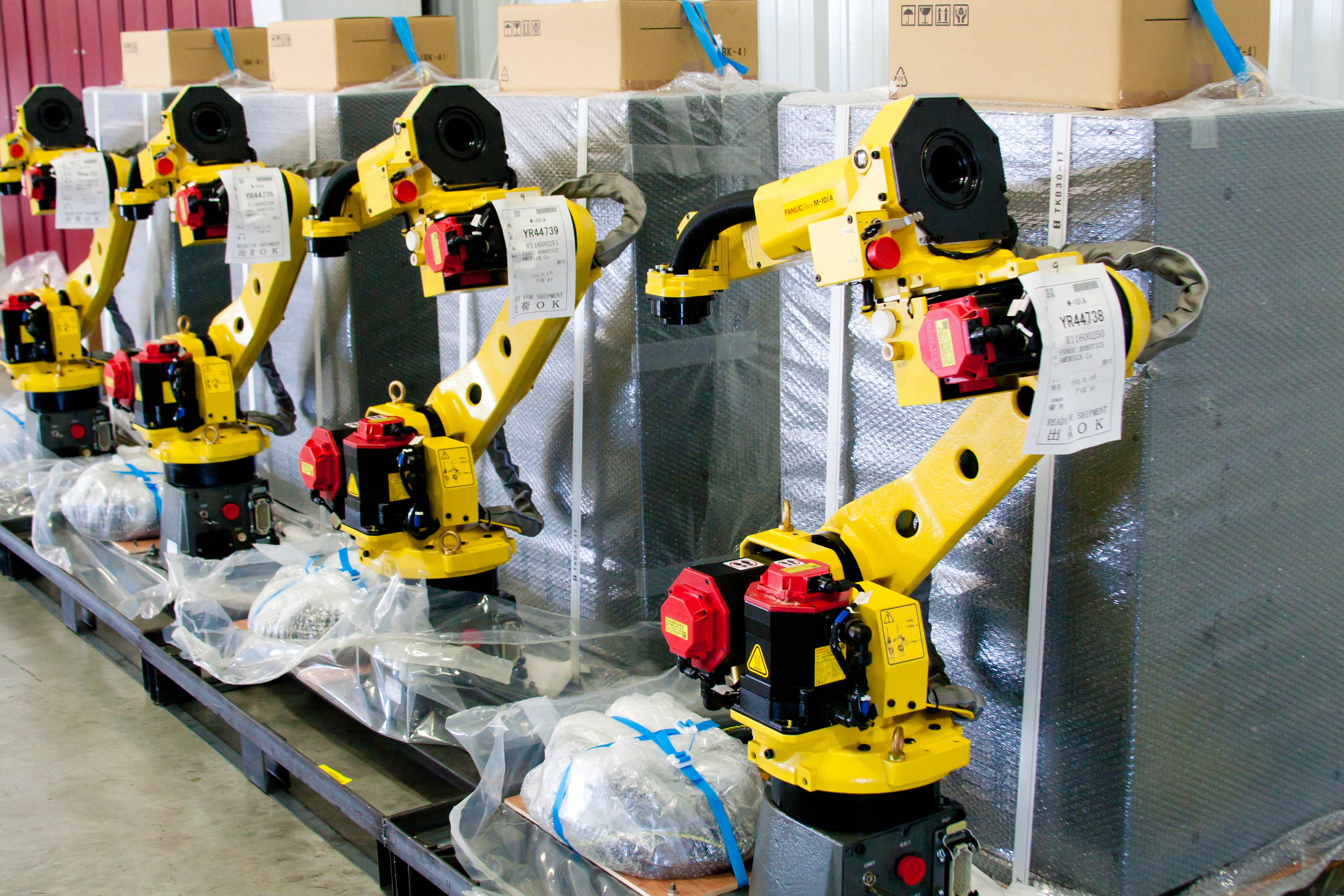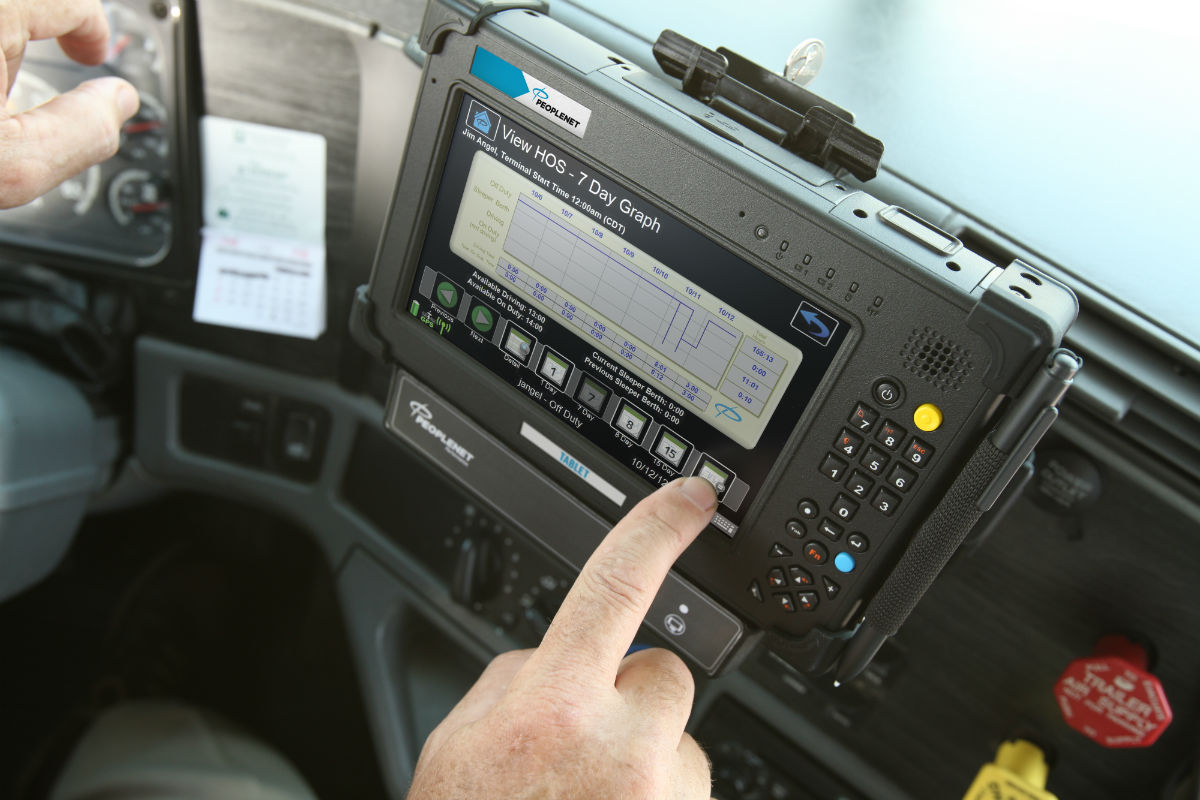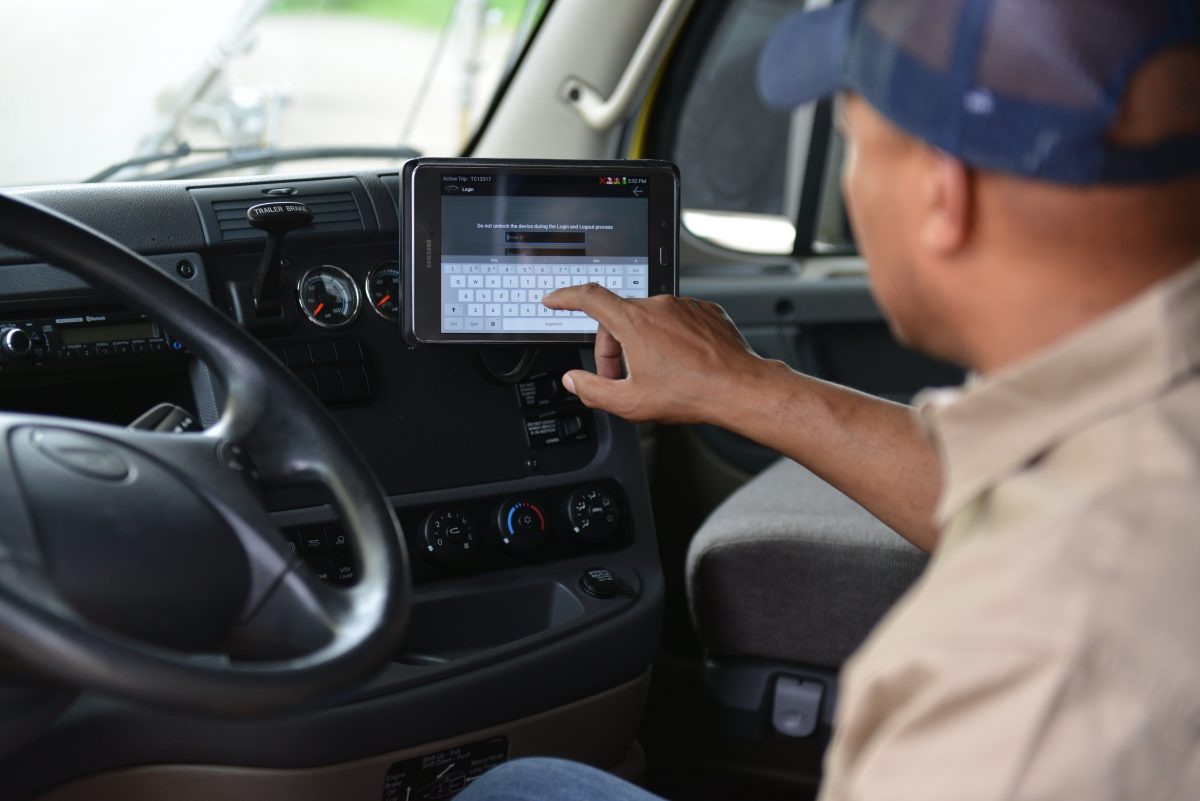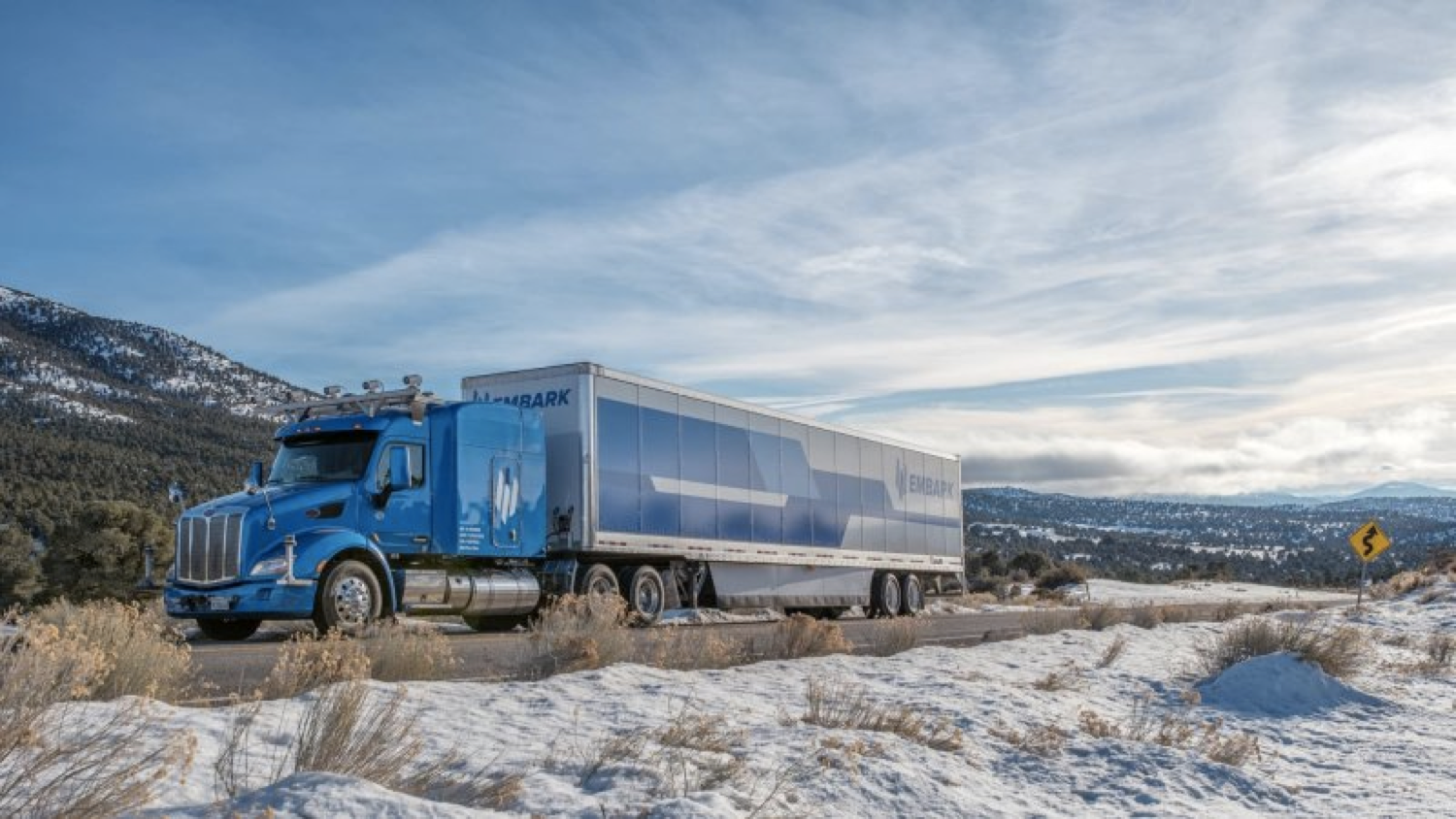With a long history as the automobile production capital of the United States, it’s no surprise that Michigan ranks as the most highly automated state in the nation. In fact, the state accounts for 12 percent of the country’s industrial robots. While Detroit remains the leader in the automation with 8.5 robots for every 1,000 workers, Western Michigan is experiencing an automation boom of its own. In Grand Rapids, there are 6.3 robots for every 1,000 workers, making it the most automated of all mid-size cities.
With automation sweeping across Western Michigan and robotic technologies continually improving, there are many changes taking place across various industries. Increased manufacturing output creates a need for more quality control and places a heavier burden on the supply chain. As more businesses flock to West Michigan, there is an amplified need to bring in their machines as well as ship out the items they produce. Supply chain managers must make changes to ensure they are keeping up with the improved efficiencies of automation.
Zip Xpress, a full-service provider of custom carrier solutions, has a long-standing reputation as one of West Michigan’s finest logistics companies. The experienced and professional staff at Zip Xpress is dedicated to creating the most efficient solutions for all of their customers. Because Zip continually strives to be a leader in supply chain management, they are sufficiently adapting with the changing climate of West Michigan’s manufacturing. This means they have the expertise and resources to fill in the gaps in any organization’s supply chain.
From office furniture to medical machinery, Zip is here to reliably transport their customer’s goods, providing the highest level of service throughout the process. Clients can focus on manufacturing and increasing automation while the specialists at Zip Xpress take over the shipping and supply chain functions. At Zip Xpress, problem-solving and transportation efficiency are prioritized, giving customers peace of mind that their products are safe and on time. If you are a manufacturer in West Michigan seeking a committed custom carrier solution, get started with Zip Xpress today!











